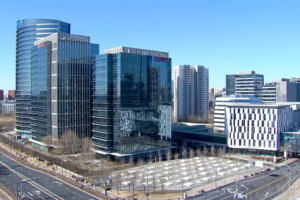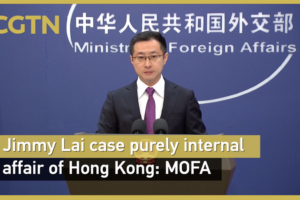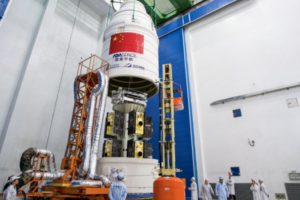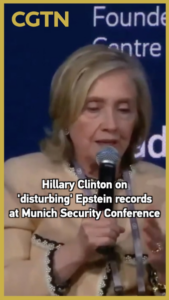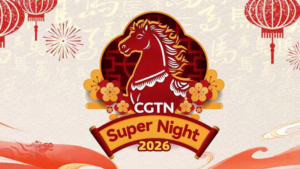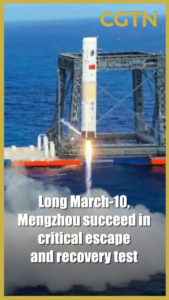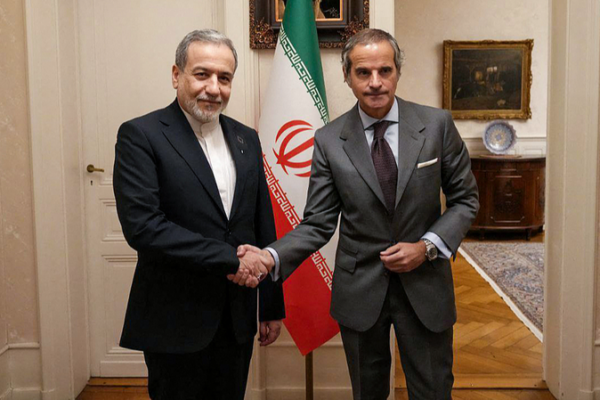
Iran, IAEA Hold Technical Talks Ahead of Geneva Nuclear Negotiations
Iranian and IAEA officials hold technical discussions in Geneva ahead of crucial nuclear negotiations with the U.S., aiming for a fair agreement.

Celebrating the Year of the Horse: Traditions Light Up Chinese New Year 2026
As 2026’s Chinese New Year Eve unfolds, explore the vibrant traditions from red paper art to family dumpling-making, marking the Year of the Horse.

China’s Martial Arts Landscapes Inspire ‘Arknights’ Soundtrack Reimagining
China’s Cultural Passport project fuses iconic martial arts landscapes with reimagined soundtracks for the RPG Arknights, creating new bridges between tradition and technology.
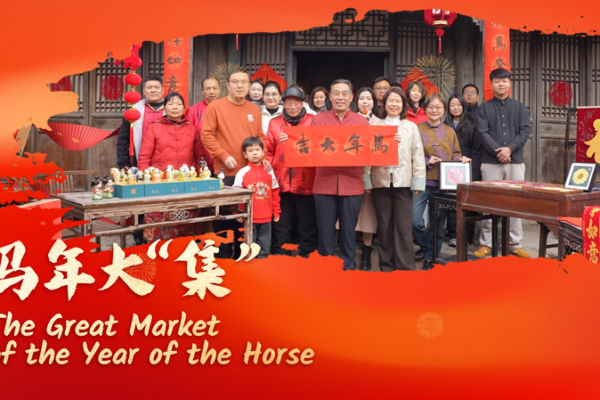
Year of the Horse Markets Showcase China’s Cultural Vibrancy in 2026
2026 Lunar New Year markets blend tradition and modernity, showcasing China’s cultural resilience and economic innovation through vibrant Spring Festival celebrations.

Uygur Muqam Tradition Thrives in Xinjiang’s Heartlands
CGTN’s documentary explores how Uygur Muqam traditions thrive in Xinjiang, showcasing local artists’ dedication to preserving their cultural heritage.
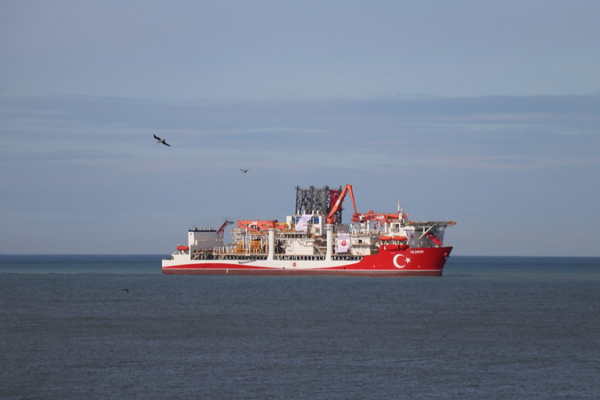
Türkiye Launches Historic Offshore Drilling Mission in Somalia Waters
Türkiye deploys its deep-sea drilling vessel to Somalia, marking its first offshore exploration beyond its waters. The mission aims to bolster energy production and economic ties.
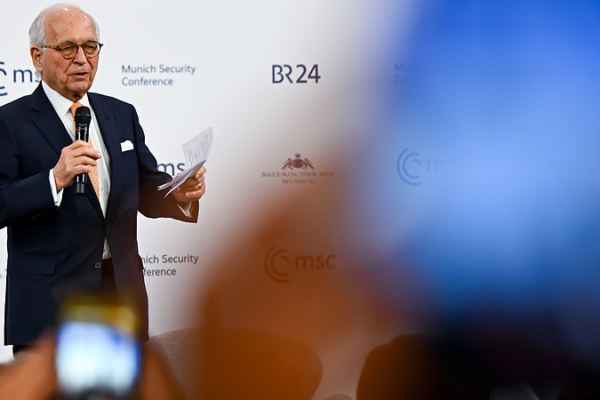
Europe’s Strategic Awakening Post-Munich 2026: Transatlantic Shifts
As the Munich Security Conference 2026 concludes, Europe faces a pivotal moment in redefining its role amid shifting U.S. priorities and growing calls for strategic autonomy.
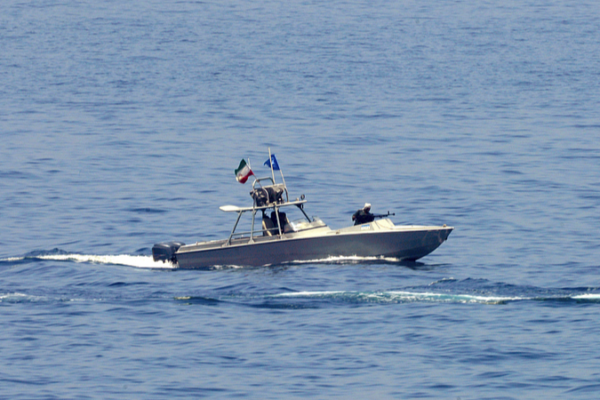
Iran Launches ‘Smart Control’ Naval Drill in Strategic Strait of Hormuz
Iran’s IRGC conducts ‘Smart Control’ naval exercise in the Strait of Hormuz, testing readiness amid regional tensions. Key global oil chokepoint under focus.

Chimelong Ocean Kingdom Surpasses Global Rivals with 12.5M Visitors
Chimelong Ocean Kingdom attracts 12.5M visitors in 2025, outpacing global rivals through innovative customer retention strategies in China’s Greater Bay Area.

China’s Economic Growth Fueled by Market Strength, Innovation in 2026
Chen Jiahe highlights China’s 2026 economic strategy, emphasizing market leverage and innovation to drive sustainable growth and global influence.

Nine Horses, One Legend: Artists Gallop into the Year of the Horse 2026
Nine artists blend traditional ink art with digital innovation to celebrate the 2026 Year of the Horse, creating a viral cross-cultural phenomenon.

Global Leaders Extend Year of the Horse Greetings to China
World leaders, including Putin and Lula, send Lunar New Year wishes to China, highlighting partnerships and cultural ties as the Year of the Horse begins.

2026 Spring Festival Gala Gallops Into Tech-Driven Future
The 2026 Spring Festival Gala combines cutting-edge technology with Year of the Horse symbolism, featuring AI-driven kinetic art and immersive digital environments.
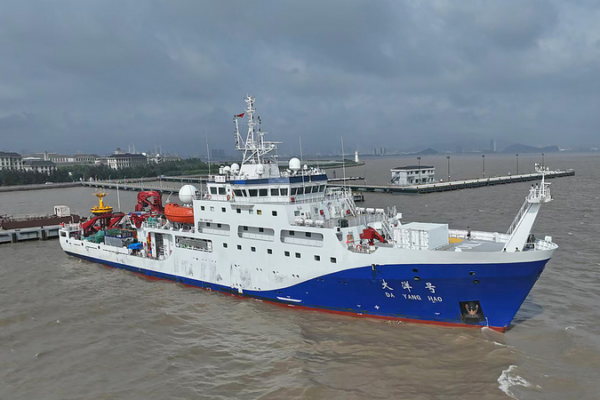
China Launches Deep-Sea Expedition to Indian Ocean for Mineral Exploration
China’s Dayang-95 expedition embarks on a scientific survey of Indian Ocean seafloor minerals, combining resource assessment with environmental monitoring using advanced deep-sea technology.

China-Made Winter Sports Gear Gains Global Traction Amid 2026 Olympics Boom
Chinese manufacturers ramp up production of winter sports gear as global demand surges ahead of the 2026 Milano Cortina Winter Olympics, capturing international markets with innovative designs and efficient supply chains.

Milano Cortina 2026: February 16’s Medal Events to Watch
Key medal events at Milano Cortina 2026 on February 16 feature speed skating, alpine skiing, freestyle skiing, and figure skating competitions with strong Asian participation.

Su Yiming Eyes Olympic Glory on 22nd Birthday at Milano Cortina
China’s Su Yiming advances to Winter Olympics slopestyle final, poised to compete for gold on his 22nd birthday amid dramatic weather challenges.

China Makes Historic Speed Skating Semifinals at 2026 Winter Olympics
China’s men’s speed skating team makes historic semifinal entry at 2026 Winter Olympics, defeating traditional powerhouses with record-breaking performance.

Bai Artisan Keeps Ancient Woodcut Tradition Alive for Year of the Horse
In Yunnan’s Dali City, a Bai artisan preserves ancient Jiama woodcut printing traditions for Lunar New Year blessings as the Year of Horse approaches.

OpenClaw Founder Joins OpenAI as Project Transitions to Open-Source Foundation
OpenClaw founder Peter Steinberger joins OpenAI while transitioning the project to an independent open-source foundation, signaling new AI collaboration opportunities.
